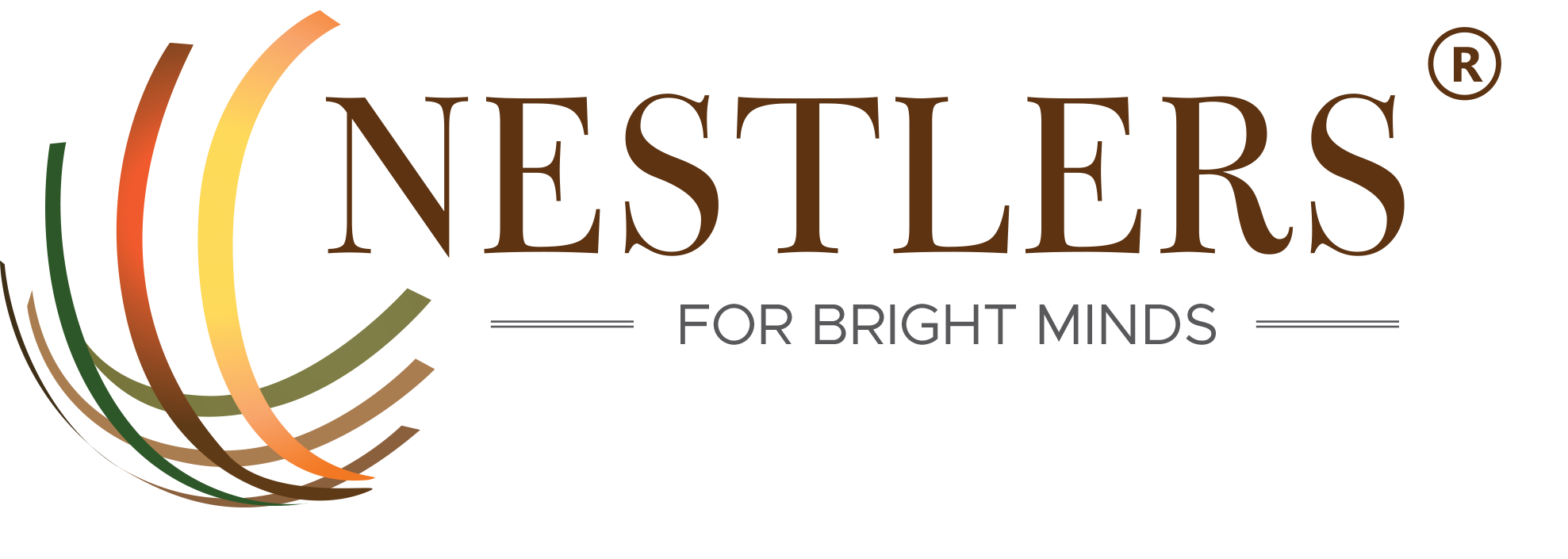- The State Department plans to resume routine passport processing in three phases over the next few months following guidelines from the U.S. Centers for Disease Control and Prevention. Each passport agency will open on a different date based on local conditions and other factors. Significant processing delays are expected to continue.
- The United States Citizenship and Immigration Services (USCIS) has re-opened some of its local offices and Application Support Centers for in-person interviews and appointments. Office reopening dates vary by location, so applicants must check the USCIS website for the latest information on a particular local USCIS office. Foreign nationals with green card interviews, naturalization interviews/ceremonies or biometrics appointments that were cancelled during the temporary closure can expect the appointments to be automatically rescheduled after their local office reopens.
- USCIS has resumed its premium processing service for I-129 and I-140 petitions.
- Certain U.S. embassies and consulates are gradually resuming routine nonimmigrant and immigrant visa services in a phased-in approach, with timelines dependent on local country conditions related to COVID-19. Where consular locations do not resume routine services, those with an urgent matter who may need to travel immediately may request an emergency appointment. Consular operations could continue to be fluid based on changing country conditions.
- A presidential proclamation and a subsequent amendment have been extended which restricts the entry to the United States until March 31, 2021 of H-1B, H-2B, L-1 and certain J-1 nonimmigrants and those entering as dependents to accompany/join these nonimmigrants if they are outside the United States at 12:01 AM EDT on June 24, 2020; do not hold a U.S. nonimmigrant visa in one of the above visa categories which is valid on June 24, 2020 and pursuant to which the foreign national is seeking entry to the United States; and do not hold an advance parole or other U.S. travel document (other than a visa) that is valid on June 24, 2020 or issued after that date. Some groups are exempt from the proclamation, including spouses and children of U.S. citizens and those seeking to perform essential work in the food supply chain, or whose entry is deemed to be in the national interest. Visa-exempt Canadians are also not subject.
- The State Department released guidance on qualifying for national interest exceptions (NIE) to the H/L/J nonimmigrant visa ban, which includes H and L nonimmigrants returning to ongoing employment in the same position and visa classification and with the same employer, or if their employment meets certain economic recovery criteria, among other options. NIE requests must be submitted to a U.S. consular post.
- Foreign nationals who have been physically present in Brazil, one of the 26 countries of the Schengen Area, Ireland, or the United Kingdom within 14 days of seeking entry to the United States will be denied entry, unless they qualify for an exception. Effective 0:01 (local time) on January 30, 2021, South Africa will be added to the list. U.S. citizens, lawful permanent residents, their spouses and children under 21, and certain other family members are not subject to the travel restrictions, among other exemptions.
- Entry ban for foreign nationals who have visited China or Iran within 14 days of seeking admission, except lawful permanent residents, immediate family members of U.S. citizens and lawful permanent residents, and certain others. Certain foreign nationals may be eligible for a national interest exception from this COVID-19 public health ban.
- The State Department clarified that the following groups of foreign nationals may be able to enter the United States based on a national interest exception, despite having been present in the Schengen Area, the United Kingdom or Ireland within 14 days of attempted entry to the United States: those with valid ESTA registrations for business travel; students traveling in F, M, and J status ; and E-1/E-2 treaty traders and investors. All groups except for F and M students with a valid visa must seek a national interest exception (NIE) waiver from the COVID-19 public health ban from a U.S. consular post or through Customs and Border Protection (if available) prior to travel.
- An orderfrom the Department of Homeland Security (DHS) Acting Secretary exempts certain foreign professional athletes who compete in professional sporting events organized by certain leagues, including their essential staff and their dependents, from the COVID-19 public healthproclamations barring their entry into the U.S. if they have been present in certain countries within 14 days of attempted entry.
- Only essential travel is permitted across the U.S.-Mexico and U.S.-Canada land borders (and ferry travel) through at least March 21. The restrictions do not affect air travel. The agency defines non-essential travel as travel that is considered tourism or recreational in nature. U.S. citizens, lawful permanent residents, business travelers, and those with valid U.S. travel documents are exempt from the border restrictions. However, it is possible business travelers could face additional scrutiny at the border. The policy may be reviewed for possible extension in March if the COVID emergency remains ongoing.
- There is no federal quarantine requirement, but state and local health authorities often impose requirements regarding international travel and quarantine. Individuals should check with local authorities in their destination state prior to travel.
- There are no medical certificate requirements to enter the United States.
- Passengers arriving from the United Kingdom must present a negative PCR or antigen test within 72 hours of boarding their flight from the United Kingdom to the United States. Passengers are also required to provide documentation of their laboratory results, either as a hard copy or electronic.
- Airline passengers two years and older entering the United States (or transiting on to Canada)must either show:
- documentation of a negative COVID-19 test result within three calendar days prior to departure (if arriving via a connecting flight, each connection must be less than 24 hours and booked as a single passenger record);
- “Documentation of Recovery”, which is written or electronic documentation of a positive viral test result that occurred within the prior three months (90 days) confirming a previous COVID-19 infection and a letter from a licensed health care provider or public health official stating that the passenger has been cleared for travel.
- The new testing requirements will supersede the testing requirements currently in place for travelers from the United Kingdom. Exemptions exist for certain crew members of airlines and aircraft operators and certain federal law enforcement personnel.
- United States Immigration and Customs Enforcement has extended the deadline to allow remote I-9 document inspection through March 31, 2021. Eligible employers will not be required to review I-9 identity and authorization documents in the employee’s physical presence until the interim policy expires or until three days after the COVID-19 emergency is over, whichever comes first. The relaxed policy only applies where company employees are working remotely due to the COVID-19 emergency.
- A temporary rule allows H-2B employers to employ an H-2B nonimmigrant physically present in the U.S. while the employer’s H-2B petition is pending and allows H-2B workers essential to the U.S. food supply chain to stay beyond the three-year maximum period of stay.
- Certain H-1B foreign medical graduates who have received a waiver of the J-1 two-year foreign residence requirement will not be required to fulfill the full-time work requirement and can provide telehealth services during the pandemic.
- For the duration of the COVID-19 emergency, the Student and Exchange Visitor Program will consider students working in their Optional Practical Training (OPT) jobs for fewer than 20 hours a week as engaged in OPT.
- DHS is allowing identity documents found in List B set to expire on or after March 1, 2020, and not otherwise extended by the issuing authority, to be treated as if the employee presented a valid receipt for an acceptable document for Form I-9 purposes. Foreign nationals will need to present an unexpired List A or B document within 90 days after the DHS ends the interim policy.
- Through February 1, 2021, DHS is allowing employers to accept an Employment Authorization Document (EAD) approval notice as a List C document when establishing employment verification in the I-9 process. Only approval notices issued on or after December 1, 2019 and through and including August 20, 2020 qualify under this accommodation.
- Extension of deadline by 60 days for certain types of agency responses, including requests for evidence (RFEs), notices of intent to deny (NOIDs), notices of intent to revoke (NOIR), notices of intent to terminate (NOIT) regional investment centers, and certain filing date requirements for Form I-290B (Notice of Appeal or Motion) dated between March 1, 2020 and March 31, 2021. If USCIS issued an RFE, NOID, NOIT or certain other notices dated between March 1, 2020 and March 31, 2021, the agency will accept responses submitted within 60 calendar days after the original response deadline. Any Form I-290B or certain other requests to reopen applications received up to 60 calendar days from the date of the decision will be considered by USCIS before it takes any action. This does not affect applications for extensions of stay or employment authorization.
- Individuals have until October 1, 2021 to obtain U.S. state driver’s licenses or identification cards that comply with the REAL ID Act security standards.
- Visa Waiver Program (VWP) travelers unable to depart before their current period of admission expires due to exigent circumstances have an option to request relief in the form of a satisfactory departure request for up to 30 days. On April 13, 2020, USCIS announced that VWP travelers already granted satisfactory departure and unable to depart within the 30-day period due to COVID-19 can be discretionally granted an additional 30-day period of satisfactory departure. On April 20, 2020, Customs and Border Protection (CBP) confirmed that VWP travelers should be able to seek satisfactory departure by contacting any local CBP Port of Entry or Deferred Inspection Site; or the USCIS Contact Center.
Connect with Nestlers consultants
Do you need immigration and relocation services or consultancy?
It’s easy! Use the below contact form and one of our experts will provide you an answer as soon as possible.
Our consultants can help you in obtaining legal documents and can provide you with assistance regarding the immigration processes, relocation, taxes and payroll, Social Security (European forms A1, S1, U1, etc.) for your employees.





